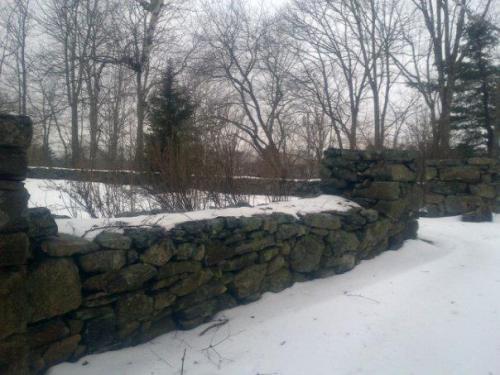Shadowlands
Recently, I’ve had three friends announce publicly that they’re going through depression. They are all women, all beautiful, all incredibly accomplished. The sorts of women that other people want to be, and want to be around.
When I was going through depression, I was public about it too. I’m not sure there’s any other way you can be, particularly when you have a public presence, as they all do. People begin to wonder what’s wrong with you, why you’re not tweeting, blogging, writing. Still, there’s such shame associated with it, with admitting that you are less than all right. That you can’t, in fact, deal. And people can make it worse in a variety of ways, by saying it will pass, you will be all right. That you should cheer up, shouldn’t be so sad. The worst is when they remind you of how lucky you are to have what you do have, when they tell you that you are so much better off than many other people. The implication is that if you have a best-selling book, or a major award, or significant publications, you really shouldn’t feel depressed. That your depression is a sort of ingratitude.
Which ends up making you feel depressed, ashamed, and ungrateful.
When you’re depressed, it’s impossible to ignore the criticism, because it’s an external form of your own internal dialog. When you’re depressed, nothing rolls off your back.
(Funnily enough, a blog post I wrote recently received a similar critical comment from a nameless reader — that I was unaware of my own privilege, and ungrateful for it. I left the comment up because it demonstrated, better than anything I could have written, my point that if you have a public presence of any sort, you will be criticized by people who don’t know you or where you’ve come from. But that criticism is much harder to take, almost impossible to take, when you’re depressed.)
My depression was connected to a specifically difficult time in my life, the two years in which I completed my doctoral dissertation. It took a while to go away, even after I graduated. And it changed me permanently. I’m stronger than I was before in some ways, but more fragile in others. I will never again have the easy toughness I once had. I miss it, sometimes. Nowadays, my sense of joy is more delicate. I am more aware that beneath the sunlit earth, there are Shadowlands. (I used to call depression “going to the Shadowlands.” Depression isn’t sadness. It’s blankness. It’s when reality loses one of its dimensions and becomes flat, monochromatic.) I can feel them there, and I can tell when stress or loneliness or tiredness, those things we all experience, brings me closer to them.
I’m not writing this blog post to say anything in particular, except that it makes me sad (not depressed, but sad) to see such wonderful friends, such creative, artistic spirits, going through that. When I heard them speak out about it, I thought, what is the appropriate response when someone tells you they are dealing with depression? Back when I talked about my own depression, there were a few people who gave me the only response that helped, which was “I’ve been there too.”
I thought that for this post, I would use one of the photographs I took at Stonecoast, of a stone wall.
It fits the mood of this post because it shows the cold monochrome of winter. But the truth is that when I took this picture, I was wonderfully, gratefully happy, because I was in an environment that was all about writing. I suppose that contradiction is appropriate . . .






